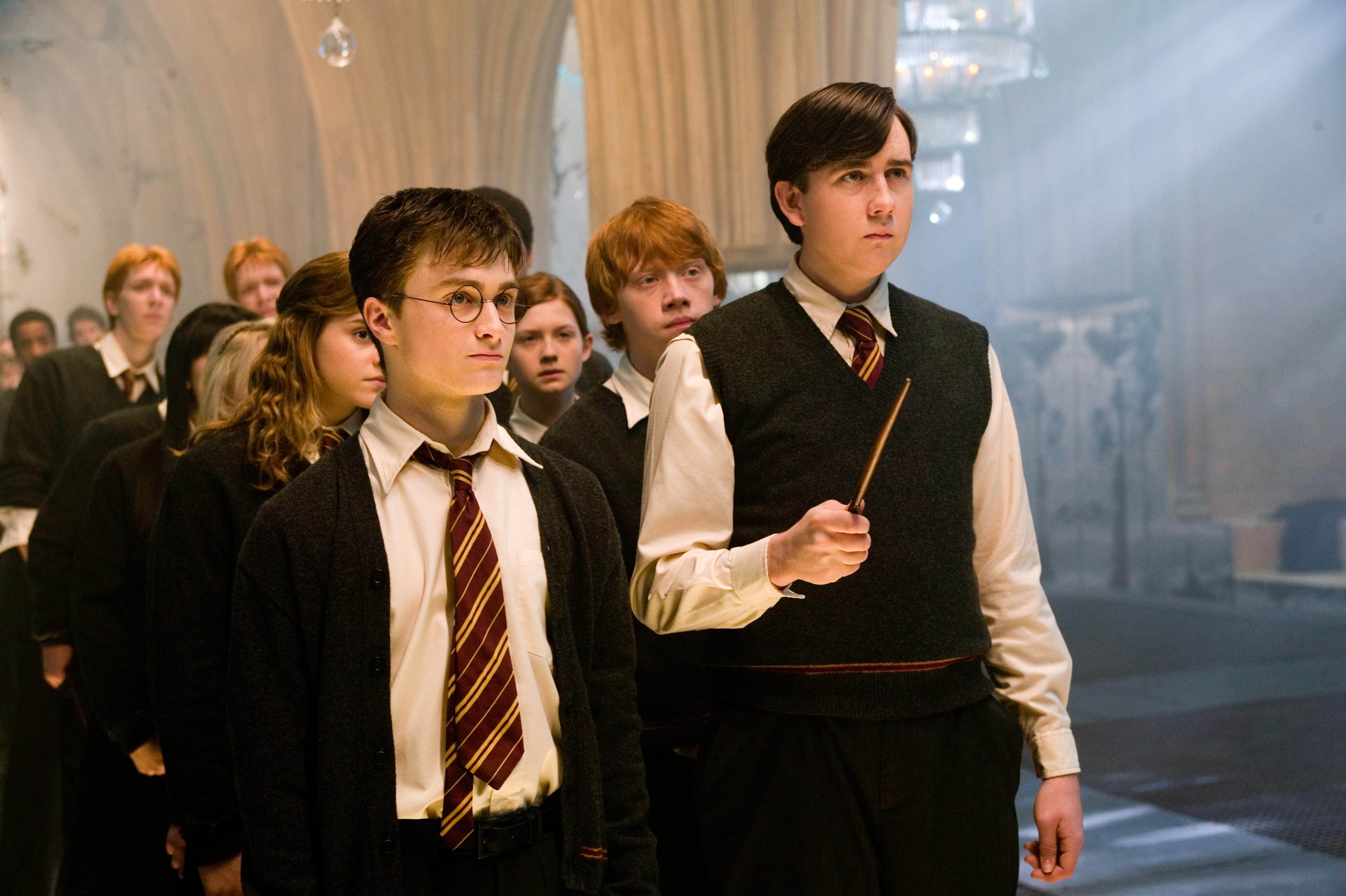
The second episode of JK Rowling’s new podcast, The Witch Trials of JK Rowling, focuses on the 1997 release of Harry Potter and the Philosopher’s Stone and the ensuing Christian backlash over its influence on children.
In the episode titled “Burn the Witch”, host Megan Phelps-Roper posits that the book’s legal wins against censorship-seeking evangelists created “precedent”, which now protects LGBT+ literature.
Follow live reactions to the podcast’s release here.
“In the late 1990s and into the early 2000s, in what has become a largely forgotten chapter in the Harry Potter legacy, a passionate and motivated group of American Christians did everything they could to stop the popularity and ubiquity of Harry Potter,” Phelps-Roper, an activist best known for escaping the infamous Westboro Baptist Church led by her grandfather Fred Phelps, says in the episode.
The podcast includes various soundbites from Christian radio hosts and televangelists calling the book “evil” due to its depiction of witchcraft and other themes, which they deemed heretical.
“Extreme words were being used, that I was harming children, that these books were poison for children’s minds,” Rowling recalls in the episode.
Phelps-Roper then interviews two lawyers who argued opposing sides in the 2003 trial brought against the Cedarville School District in Arkansas, USA, after it introduced a rule requiring students to obtain parental permission to read Harry Potter.

A federal judge overturned the school district’s decision, calling it “unconstitutional”, allowing the children to read the books as they pleased.
“Would you say that these cases involving Harry Potter-related book bans and restrictions are now the kind of precedent that is protecting LGBTQ books in public libraries?” Phelps-Roper asks Brian Meadors, the attorney who fought the Arkansas school district’s ban on behalf of the plaintiffs.
“Yes, I think that’s fair,” Meadors responds. “Part of the legacy of Harry Potter is that it’s going to protect a lot of LGBT books, that’s right.”
The Independent was able to identify one 2005 instance that used the 2003 Arkansas lawsuit as precedent for overturning the censorship of certain books from a school library.
The school-district attorney characterised the Arkansas lawsuit as a “hallmark case”. However, it is unclear how many trials have used it as precedent since then.

The Witch Trials of JK Rowling is, in part at least, intended to address the author’s controversial views about transgender people and gender. Rowling has rejected accusations that she is transphobic and has said previously that she “knows and loves” trans people.
You can read The Independent’s timeline of JK Rowling’s comments about women and transgender rights here.
In recent years, libraries have become the frontline of the so-called US “culture war” and anti-LGBT+ antagonism, Gino Spocchia wrote for The Independent.
A 2022 report from nonprofit group PEN America found that of the 1,600 books banned by US schools that year, 41 per cent were targeted due to LGBT+ content.
“Clearly, this disturbing trend is showing us that visibility does not equal safety and acceptance,” children’s author Joanna McClintick told Spocchia. “And while those who would ban books, physically threaten others for existing in public spaces, or support censorship are in the minority, they certainly are loud.”
The first two episodes of The Witch Trials of JK Rowling were released 21 February on Spotify, Apple Podcasts, and other audio platforms. The following five episodes will be released weekly.







